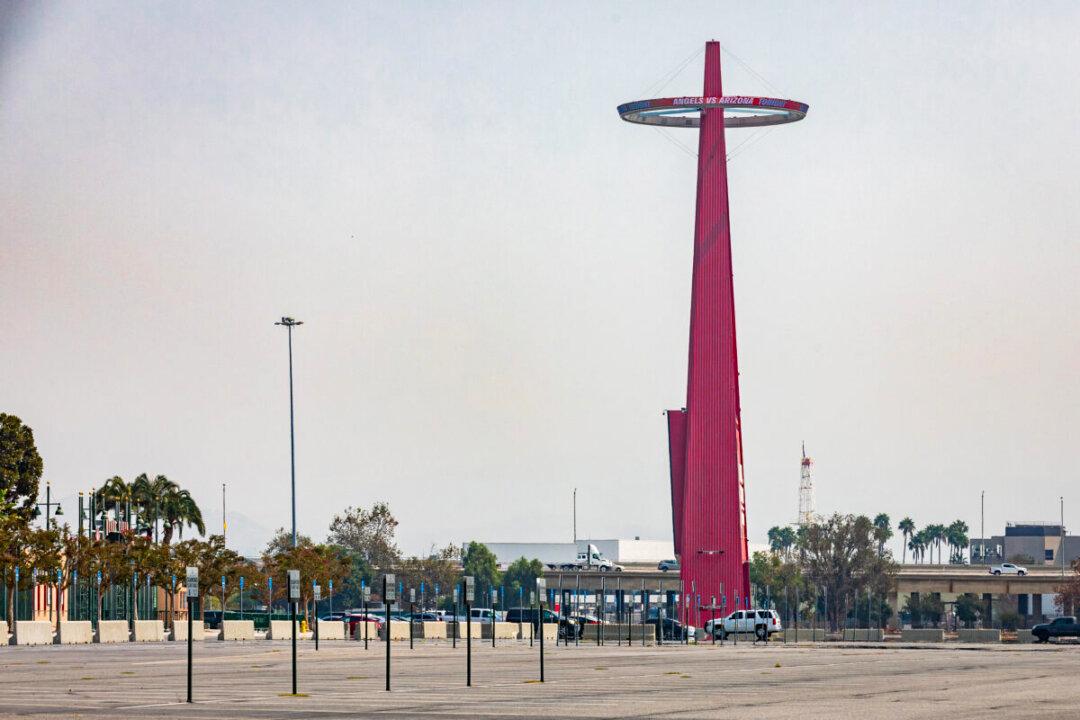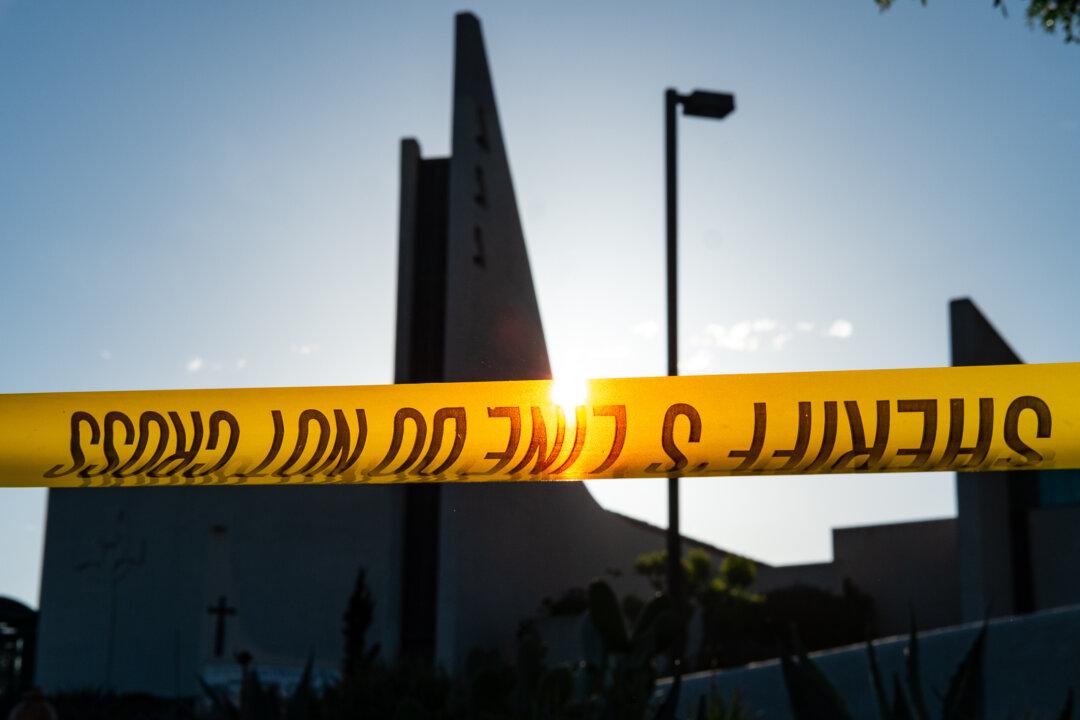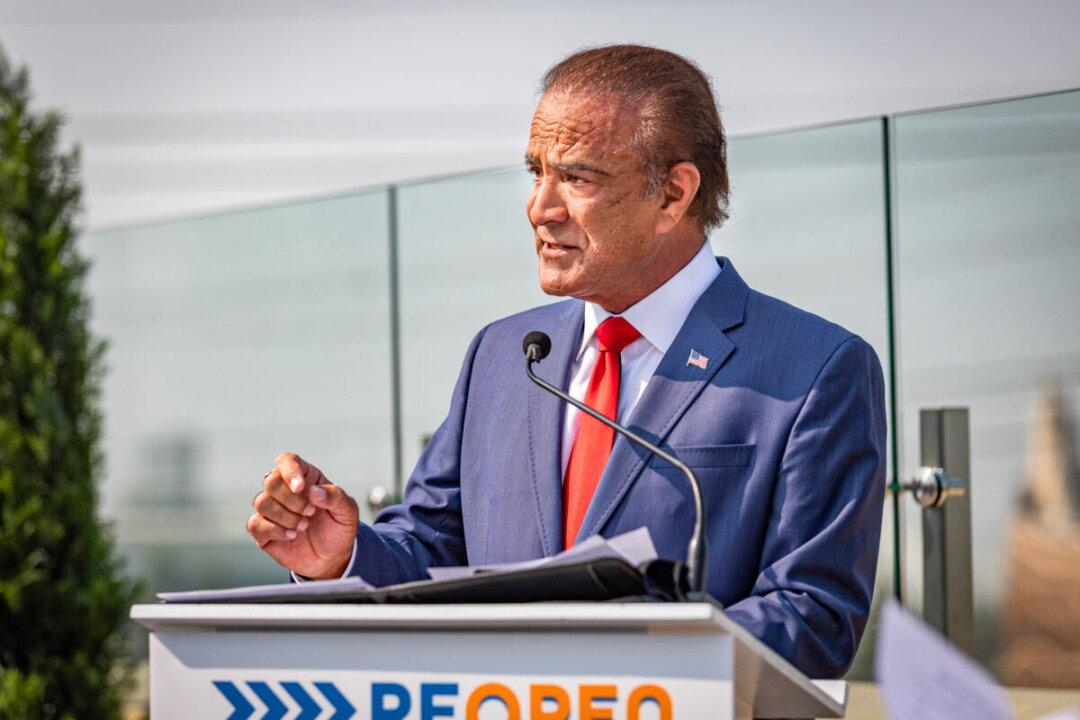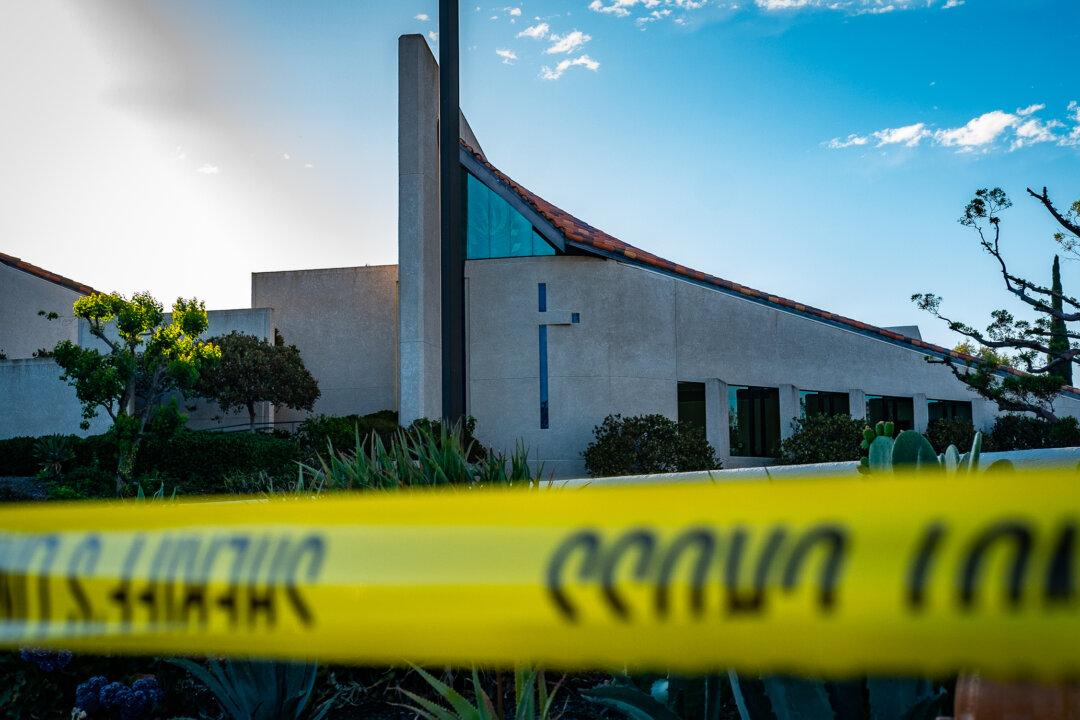SANTA ANA, Calif.—An Orange County Superior Court judge on March 2 delayed the ruling on whether the city of Anaheim violated state law when it sold Angel Stadium.
The People’s Homeless Task Force Orange County filed a lawsuit in February 2020 arguing that city officials failed to discuss the sale openly in public, thereby violating the Brown Act, which requires government affairs to be open to the public.




